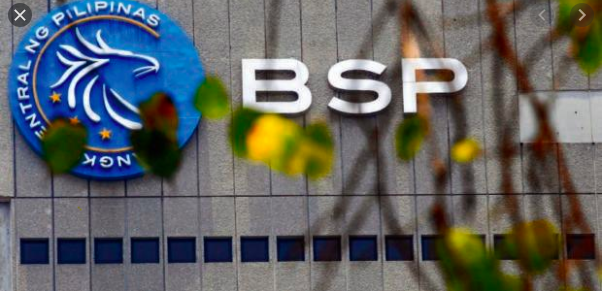MANILA, Philippines — Short term investments in local financial markets continued to leave the Philippines in July as investors repatriated their assets due to the economic uncertainties caused by the coronavirus pandemic, according to the latest data from the central bank.
As of the Bangko Sentral ng Pilipinas’ (BSP) latest figures, more of these so-called hot money investments left the country than entered it in the first seven months of 2020.
Central bank-registered foreign portfolio investment transactions from January to July 2020 yielded net outflows of $3.8 billion resulting from the $10.2 billion gross outflows and $6.4 billion gross inflows for the said period.
“This was larger compared to the $706 million net outflows noted for the same period last year brought about by uncertainties due, among others, to the impact of the COVID-19 pandemic to the global economy and financial system, and other key events earlier in the year such as the geopolitical and trade tensions, and corporate governance issues involving the water concessionaires,” the BSP said.
Meanwhile, year-to-date transactions for all investments — Philippine Stock Exchange-listed securities, peso-denominated government securities and other investments — resulted in net outflows.
For July 2020 alone, BSP-registered foreign portfolio investments yielded net outflows of $453 million resulting from the $1.2 billion gross outflows and $719 million gross inflows for the month.
This was larger than the recorded net outflows of $235 million in June.
The $719 million registered investments for the month reflected a 29.5 percent decline compared to the $1 billion recorded for June 2020.
About 96.5 percent of investments registered were in PSE-listed securities, pertaining mainly to utilities companies, holding firms, property companies, banks and food, beverage and tobacco companies.
The remaining 3.5 percent went to investments in peso-denominated government securities.
Singapore, the United Kingdom, the United States, the Bahamas and Hong Kong were the top five investor countries for the month, with combined share to total at 84.6 percent.
The central bank noted that the gross outflows for July of $1.2 billion were lower compared to the level recorded for June of $1.3 billion or by 6.6 percent. The US received 63.7 percent of total outflows.
These hot money investments from foreign fund managers usually go to PSE-listed stocks; Philippine government and corporate bonds, as well as peso time deposits with banks with minimum tenor of 90 days. They are also invested in other peso debt instruments, unit investment trust funds, and other portfolio investments such as exchange traded funds and Philippine depositary receipts.
